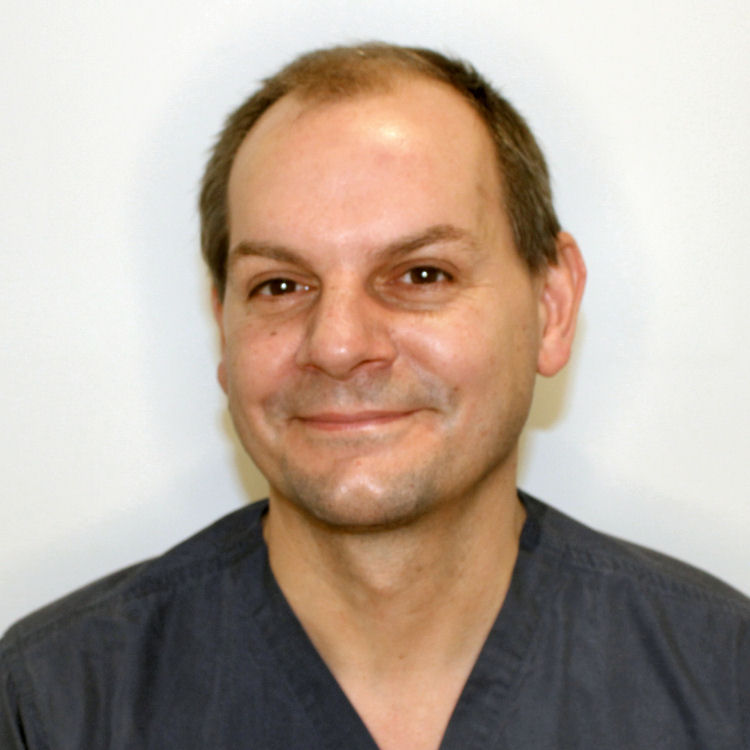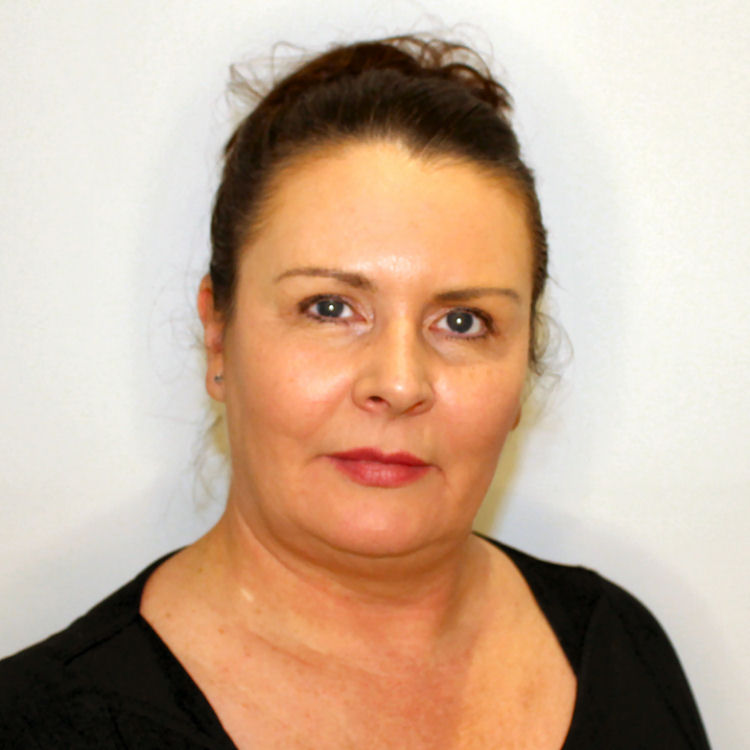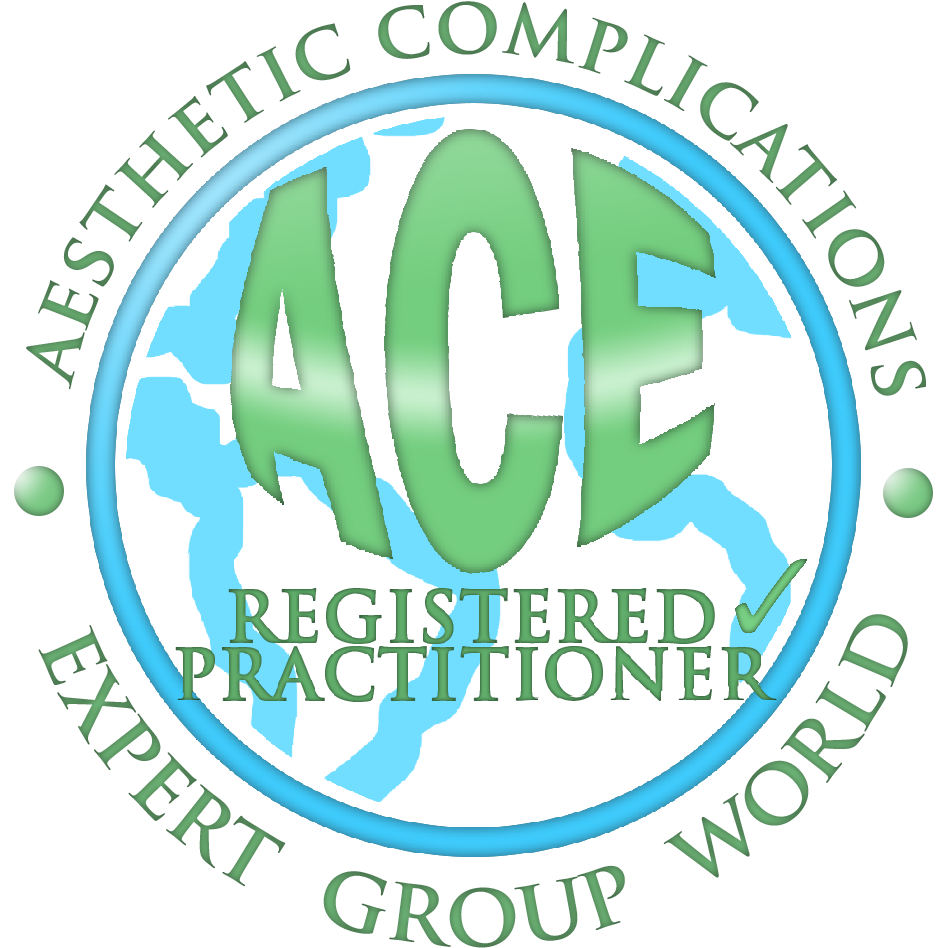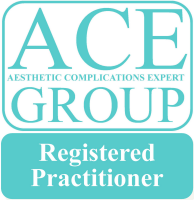ACE Group World

 Dr Martyn King
Medical Director
Dr Martyn King
Medical Director
 Sharon King
Director | Regulatory Affairs
Sharon King
Director | Regulatory Affairs
 Linda Mather
Director | Nursing Director
Linda Mather
Director | Nursing Director
 Kevin Mackay
International Relations
Kevin Mackay
International Relations
Aesthetic medicine is a rapidly growing field with increasing numbers of practitioners offering an increasing number of treatments and a range of new treatments and products each year. Despite this, it is still not recognised as a medical discipline in its own right and therefore no central regulations are in place. Although complications in aesthetic medicine are rare and usually not severe, it is important they are dealt with in a consistent and evidence based manner. Over the last few years we have also seen an increasing number of non-medical people that are performing these treatments, mostly without any formal training, not registered with a medical professional body, holding invalid insurance policies and unregulated. It is no wonder that aesthetic complications are on the rise.
The Aesthetic Complications Expert Group recommends that standardised, high quality training is needed along with continuing professional development and that patient safety has to be paramount. It is for this reason the group has concentrated on producing guidelines for dealing with risks and complications. The guidelines produced so far have been welcomed within the industry and become adopted nationally by practitioners. The remit of the Aesthetic Complications Expert Group is to produce guidelines based on evidence based medicine, best practice, consensus from experts within the industry and to regularly review these guidelines as new evidence and treatments become apparent.
The Aesthetic Complications Expert Group is a not for profit organisation, working with and on behalf of all relevant practitioners (doctors, dentists and nurses). Once a guideline has been reviewed by the group, it is circulated to a wider Consensus Group of experts within aesthetic practice for further critical appraisal. When a guideline has been approved it is freely available for practitioners. Guidelines will be circulated in appropriate aesthetic journals and via the Aesthetic Complications Expert Group website. Practitioners will have to register with this site and will have the opportunity to download guidelines, have access to expert advice and will be able to report complications which will work in conjunction with the normal reporting process. These guidelines are also being considered by Health Education England to help with setting standards amongst practitioners.
Although voluntary, it is hoped that reporting of complications will be welcomed within the industry to promote best practice, provide help and support to practitioners and to improve data available on complications rates. Statistics on complications shall also be freely available in an anonymised format. However where practice is deemed to be negligent, it will be referred to the appropriate professional body as outlined in Good Medical Practice. Data will also be invaluable to other stakeholders to see where greater education, training and support is required. The Aesthetic Complications Expert Group will also work with all stakeholders including pharmaceutical companies, insurers, professional associations, national bodies and patient groups.



